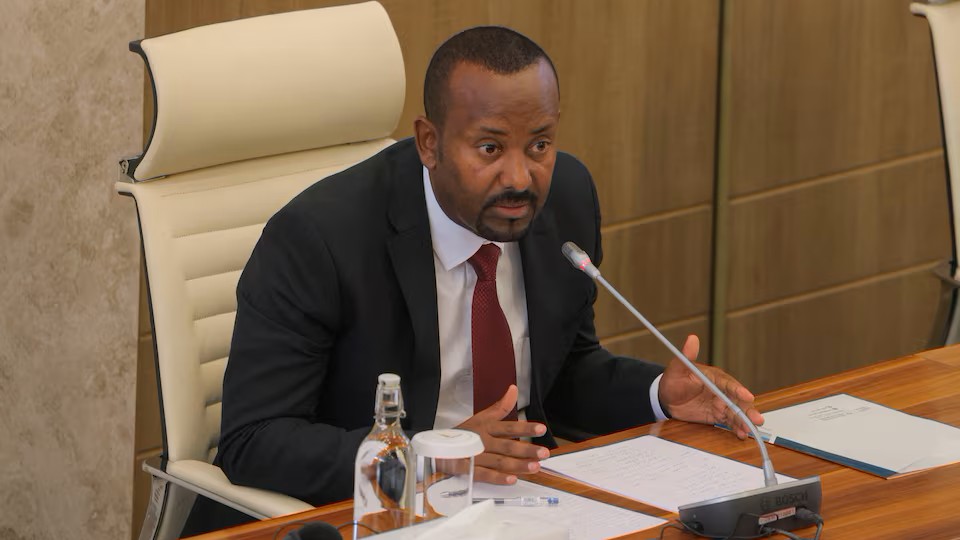(3 Minutes Read)
Ethiopia has launched a renewed diplomatic campaign to secure access to the Red Sea, with Prime Minister Abiy Ahmed calling the country’s landlocked status a “glaring injustice” that must be urgently addressed. In a televised interview with the Ethiopian Broadcasting Corporation, reported by the Ethiopian News Agency (ENA), Abiy emphasised the enduring national grievance stemming from the loss of port access after Eritrea’s 1993 independence.
“We regret the way we lost a port,” he said, arguing that international norms regarding landlocked nations have been violated in Ethiopia’s case. Abiy reaffirmed that Ethiopia’s pursuit of sea access will remain strictly peaceful and rooted in international law, rejecting any military approach.
The issue, while longstanding, has gained fresh urgency amid Ethiopia’s economic expansion and growing regional influence. With a population of over 120 million and surrounded by coastal nations, Abiy stated Ethiopia “Ethiopia deserves access to the sea peacefully.”
Support for Ethiopia’s diplomatic strategy has also come from international partners, with U.S. Ambassador Ervin Massinga voicing Washington’s commitment to a lawful and peaceful resolution. Ethiopia’s maritime ambitions have become entwined with regional negotiations, particularly involving Somalia and Somaliland. Recent Turkish-brokered agreements have opened the door to technical discussions on access arrangements under Somali sovereignty.
Read Also;
https://trendsnafrica.com/somali-president-accuses-ethiopia-of-violating-international-law/
However, regional analysts warn that Ethiopia’s renewed focus may escalate tensions with Eritrea and Egypt, both of whom have vested interests in the Red Sea corridor. As Ethiopia seeks to end decades of isolation, its maritime strategy is shaping into a key pillar of both economic policy and foreign diplomacy—one whose outcome could reshape the Horn of Africa’s geopolitical landscape.





